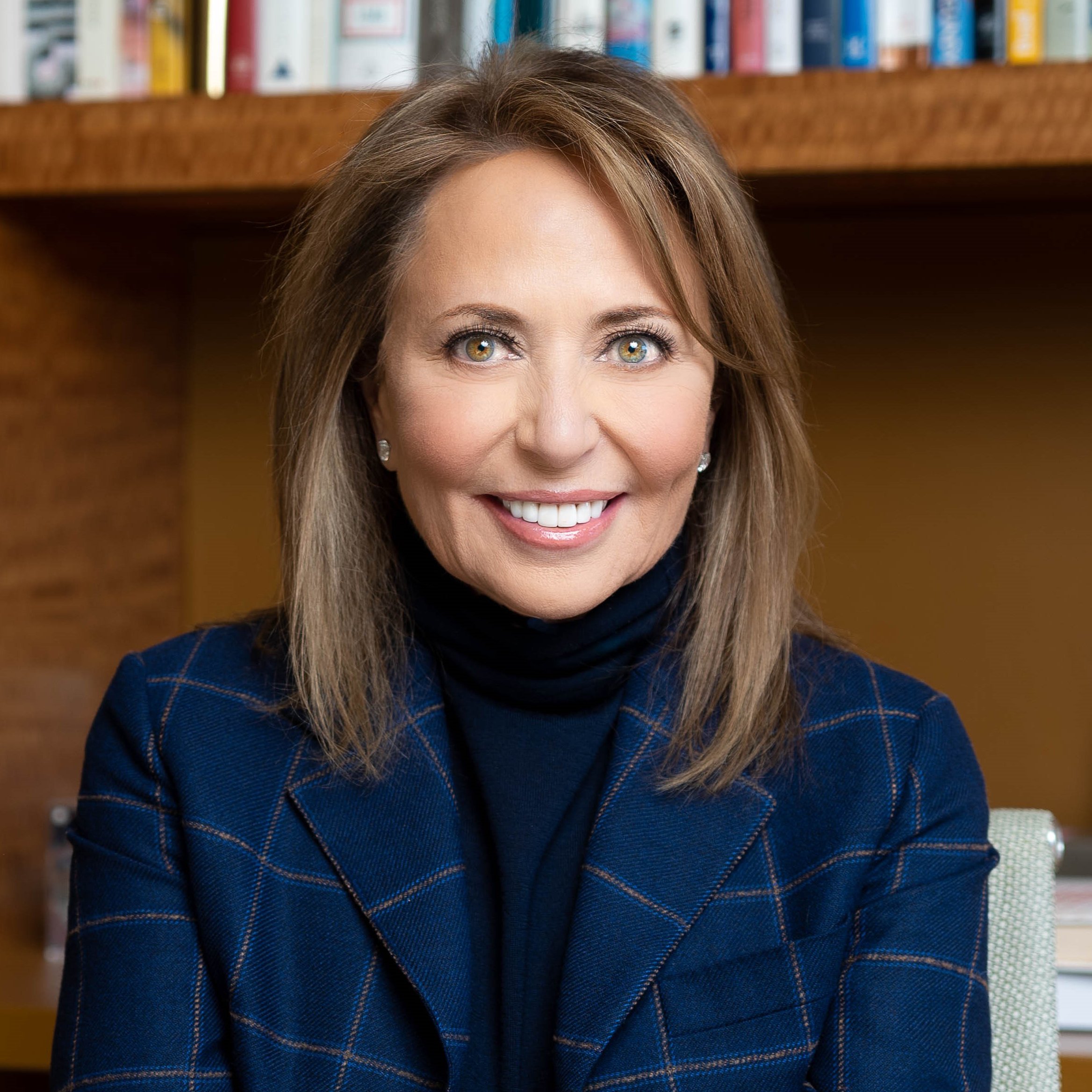OUR Research partners
At History Co:Lab, we believe that a deep understanding of the science of learning is key to creating experiences that help individuals and communities thrive.
Collaborating with leading researchers, we translate the latest insights into practical tools for educators and adults working with and for young people. This work is vital for building a future learning system where all young people can reach their full potential and contribute to renewing democracy.
A RESEARCH HIGHLIGHT:
our ADVISORS:
Pamela Cantor, MD
Focus: The Biology of Learning
Pam Cantor’s work centers on understanding how learning shapes the brain and how we can create environments that support every learner's potential. Her insights into the science of thriving help us build programs and products that support resilience, adaptability, and human connection.
adam strom
Focus: THE INCLUSION of MIGRANT YOUTH
Adam Strom brings deep expertise in creating inclusive narratives and experiences for migrant youth. His work ensures that our designs embrace diversity, promote empathy, and build bridges of understanding across different cultural and life experiences.
Gabrielle Rappolt-Schlichtmann
Focus: Universal Design for Learning of Learning (UDL)
Gabrielle Rappolt-Schlichtman specializes in UDL, a framework that guides the design of inclusive learning experiences accessible to all learners. Her partnership ensures that our products are adaptable, flexible, and welcoming to everyone, regardless of their starting point.
Building Belonging Project
From 2022 to 2024, History Co:Lab participated in the Jacobs Foundation and New America's Learning Sciences Exchange (LSX), a fellowship focused on collaboration and communication in the learning sciences. As an LSX Fellow, founder Fernande Raine co-created the Building Belonging Project with Ooana Negru, Jon Hutchinson, Jenny West Anderson, and Henry Samson Malfulul.
The videos below feature our research partners who contributed to the project.
By collaborating with thought leaders, we continuously strengthen our ability to create learning tools that are research-based, designed for belonging, and capable of making a meaningful impact in the world.
Interested in bringing our research to our work? Let’s weave, connect, and collaborate!




